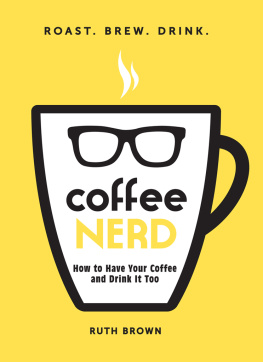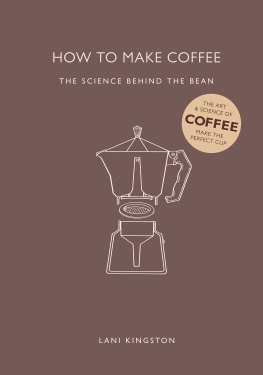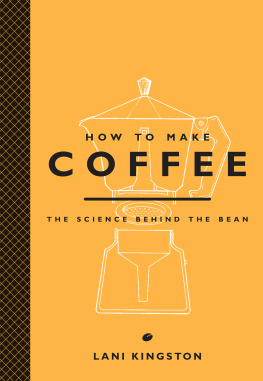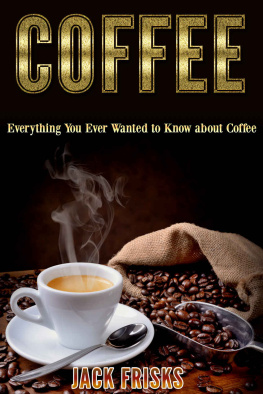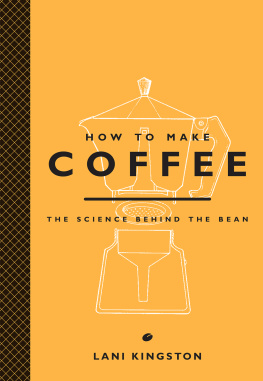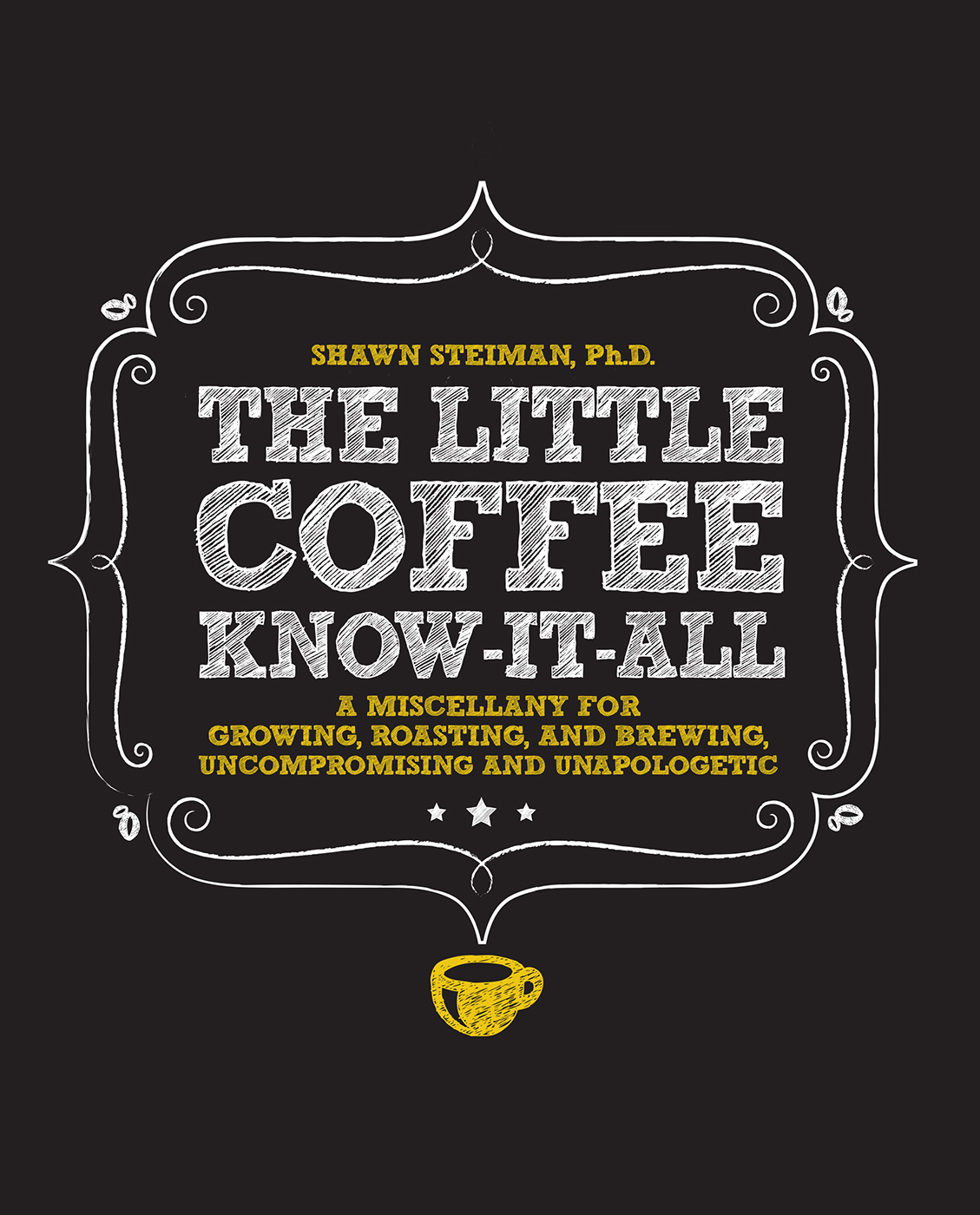

2015 by Quarto Publishing Group USA Inc.
First published in the United States of America in 2015 by
Quarry Books, an imprint of
Quarto Publishing Group USA Inc. 100 Cummings Center, Suite 406-L, Beverly, Massachusetts 01915-6101
Telephone: (978) 282-9590
Fax: (978) 283-2742
QuartoKnows.com
Visit our blogs at QuartoKnows.com
All rights reserved. No part of this book may be reproduced in any form without written permission of the copyright owners. All images in this book have been reproduced with the knowledge and prior consent of the artists concerned, and no responsibility is accepted by the producer, publisher, or printer for any infringement of copyright or otherwise, arising from the contents of this publication. Every effort has been made to ensure that credits accurately comply with information supplied. We apologize for any inaccuracies that may have occurred and will resolve inaccurate or missing information in a subsequent reprinting of the book.
Digital edition: 978-1-62788-322-1
Harddcover edition: 978-1-63159-053-5
Digital edition published in 2015
Library of Congress Cataloging-in-Publication Data available
Design: Burge Agency
Illustrations: Laia Albaladejo
THIS BOOK IS DEDICATED TO EVERYONE WHO WANTS TO GROK COFFEE. MAY THE COMMITMENT BE INVIGORATING BUT NOT TOO JITTERY.

CONTENTS
Guide
INTRODUCTION
THE LITTLE COFFEE KNOW-IT-ALL
Why this book?
People are crazy about coffee. They read coffee blogs, trade magazines, and books and attend conferences, trade shows, and coffee schools. They buy all kinds of coffee brewers, grinders, and related paraphernalia. They discuss the nuances of cherry processing, roasting, storage, and brewing at every opportunity. Theyll even wait in line for twenty minutes for a $10 cup of coffee! And these are just ordinary people, not coffee professionals!
Coffee has become a worthy hobby and intense passion for all sorts of people. People want to learn as much as they can about coffee and they want answers to all sorts of questions brewing in their heads. What, then, is more appropriate than providing answers to some of those questions in a fun way that doesnt feel too much like a high school classroom? While there are many coffee books available, this one is different. It attempts to look at myriad coffee ideas and explore them using scientific principles, scientifically acquired data, and peer-reviewed publications. Even though the scientific method isnt foolproof and there are other ways of acquiring truth and knowledge, science has generally proven to be a good way of exploring the world.
The scientific method
The scientific method involves learning about a topic, generating a hypothesis, testing the hypothesis, analyzing the results, and drawing a conclusion. This is all done as objectively as possible and according to rules and principles that allow others to scrutinize the process. Science, at its core, is about capturing variation and understanding that variation mathematically. In the natural world, there is variation: Human height varies, leaf weight varies, color varies, sugar levels vary. By examining many randomly selected individuals in a population, you can get a sense of what the average value for a trait is within that population and how much variation (distance from the average) exists. The more individuals you measure, the better youll understand that population. As an example, measuring the heights of ten people and averaging them will probably give a poor value for average human height because the variation will be so large. But measuring the height of 1,000 people will produce much more accurate values of the variation and the average.

Ultimately, scientists ask the question of whether two populations are the same or different. They do this by measuring the average values for a trait in each population and then calculating how much the variation overlaps between the two populations. Depending on how much overlap exists, the populations are considered different (although, different is never absolute; scientists always calculate a probability of making an error). All of this calculating is done using the mathematical field of statistics. Often, scientists create the different populations they are interested in studying. They may add fertilizer to one field but not another or give three groups of dogs different levels of medication. They strive to control all the sources of variation that might influence the populations so that when they finally measure what theyre interested in, the difference between the populations is a result of their manipulations, not an event related to something else.
Limitations of science
The scientific method isnt perfect because the world is not simple and scientists arent perfect. They are human, after all, and prone to all the blessings and curses that entails! There are all kinds of reasons why an experiment may not produce answers that make sense or why one experiment contradicts the results of another experiment. Some experiments, for example, may not be designed and executed well. In other cases, scientists may make mistakes, sources of variation can be difficult to minimize, and some situations are so complex that the experiment may not be able produce unambiguous data. Moreover, complex situations often require the expertise of specialists from different scientific fields or the use of technologies and techniques that arent yet perfected, none of which may be available to every research team because of resource constraints (time, money, personnel).

So, science isnt perfect. Still, it has a proven track record (cell phones, vaccines, and space ships are some good examples), and it can help us better understand the world around us. The following pages rely on science, with all its beauty and imperfections. Youll discover that scientists havent answered all the questions we will be exploring or they havent answered them very well and, often, well have to make some educated guesses to fill in the holes in our knowledge. Ill attempt to be as accurate and transparent as possible, but we may learn something new tomorrow that will make what Ive written today invalid. Please, bear with me. After all, Im just a scientist!
Coffee quality
Coffee quality is discussed and referred to often on these pages. However, because it is a fairly complicated topic, were not going to spend time discussing what coffee quality means, how we think about quality, or who gets to define what good and bad quality are. Instead, Im going to proffer a very simple definition that we can use throughout the book. High quality coffee is coffee that excites coffee geeks. It tends to have acidity and complex flavors that most people dont expect to taste in coffee. Decent quality coffee is coffee that tastes like coffee and not much else. Poor quality coffee has something evidently wrong with it like a moldy or sour flavor.


